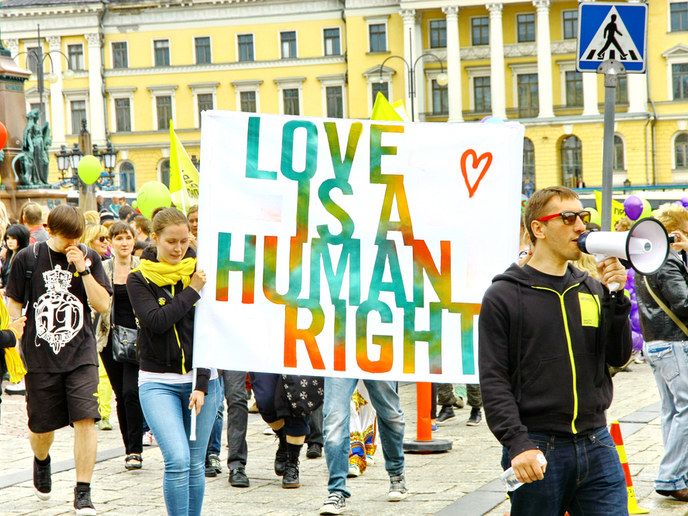Study identifies common issues facing domestic workers
According to ILO estimates(opens in new window), around half of all domestic workers in western Europe are migrants, while their overall proportion in the United States is around 70 %. “Existing research reflects this situation,” explains MAJORdom project Marie Skłodowska-Curie fellow Anna Maria Rosińska from Ca’ Foscari University of Venice(opens in new window) in Italy. “By focusing on paid domestic work only through the lens of those potentially most discriminated however, it can be difficult to know what holds true for the sector as a whole.” Rosińska therefore sought to develop a fuller picture of the situation. Through the MAJORdom project, undertaken with the support of the Marie Skłodowska-Curie Actions(opens in new window) programme, she wanted to explore the position and conditions of white non-migrant nannies, babysitters, housecleaners and elder care assistants. “I focused on white and non-migrant domestic workers in the United States and in Italy,” she remarks. “In addition to exploring the working conditions of this group, I wanted to study worker organisations in the domestic sector, and also the role of white workers in activism.”
Importance of activism
Rosińska reached out to local activists, mainly in the Boston area, as well as workers and employers in both her target countries. In Massachusetts, the movement led by organisations of immigrants of colour was successful in passing the Domestic Workers Bill of Rights in 2014. However, Rosińska’s study revealed that the issues of race and immigration were de-emphasised strategically in the campaign. “The COVID pandemic also profoundly changed the reality of the sector I studied,” she adds. “I wanted to include this in my research, so I carried out an online survey, to document the impact of the pandemic on domestic workers.” Rosińska published a report(opens in new window) entitled ‘Damned if you do, damned if you don’t (work)’, based on her surveys in the United States. This underlined the struggles facing domestic workers during the pandemic, for both those who kept and those who lost their jobs. Further research on domestic workers organising in Massachusetts was published in the journal Social Politics(opens in new window). “Domestic care workers are at higher risk than many other workers,” Rosińska confirms.
Need for action
In focusing on the experiences of white non-migrant workers, Rosińska also discovered situations in which workers received more benefits than was envisaged by available state regulations. “Knowing about some of the more favourable arrangements could help improve the situation for all workers,” she remarks. On the other hand, Rosińska also found(opens in new window) workers who were barely making ends meet, juggling several precarious jobs and facing marginalisation due to the low status of domestic work. “To improve working conditions in the sector, it is important to know that part of the problem goes beyond discrimination tied to race, ethnicity and migration status,” she says. “We should focus on workers in the most vulnerable positions regardless of their background.”
Important work, poorly paid
Rosińska found that university students working as babysitters and elder care workers were the most vulnerable white workers. “They perform very important care work, yet struggle with job stability and poor pay,” she says. A key goal of the project was also to inspire a discussion about domestic workers’ rights in Rosińska’s home country of Poland. “Towards the end of the project, I assisted in the creation of the first-ever domestic workers’ union in the country,” she notes. “This involved online exchanges(opens in new window) between Polish domestic workers from Arise Chicago and a Warsaw group of Ukrainian workers. I very much hope that these sorts of international connections will continue to improve the working conditions for domestic workers in years to come.”







